Manu S Pillai needs very little introduction. Over the course of one decade and three books, he has contributed to taking history to a mass audience through his three books – Rebel Sultans: The Deccan from Khilji to Shivaji, The Courtesan, the Mahatma and the Italian Brahmin, and Ivory Throne: Chronicles of the House of Travancore.
Excerpts from an interview with Purple Pencil Project.
What comes first, the historian or the storyteller? You have spoken in the past about growing up listening to stories from your grandmother – when did you decide it was going to be your career?
Manu S Pillai : Both are entwined in my case, for better or worse. I am still in the process of doing my PhD, so formally speaking, there is a long way to go. But equally, it has been well over a decade since I began working on history.
Presenting the past to an audience outside of the academic world has been my style so far, precisely because I was drawn myself into the subject by the power of stories.
It is gratifying that my books have won favour among scholars and senior academics, because my effort has always been to unite appealing writing with good research.
This was, like most things in life, not a plan that was born with a sudden spark: it came into its own with time.
My own sense is that the one thing I did right at the very start was not to rush my first book. I spent over half a decade collecting material, digesting it, absorbing academic perspectives on its core themes, and simultaneously doing drafts, which helped me chart out my method.
The reception it received gave me the confidence to move to my next project. If The Ivory Throne brought in a very prestigious award, Rebel Sultans delivered a generous evaluation in a peer-reviewed journal. So with this kind of work, one never actually “decides” that one has got it right—it is a curve, and one tries to avoid mistakes made in the past, and do better with time. So long as I am capable of evolving, I shall keep writing.
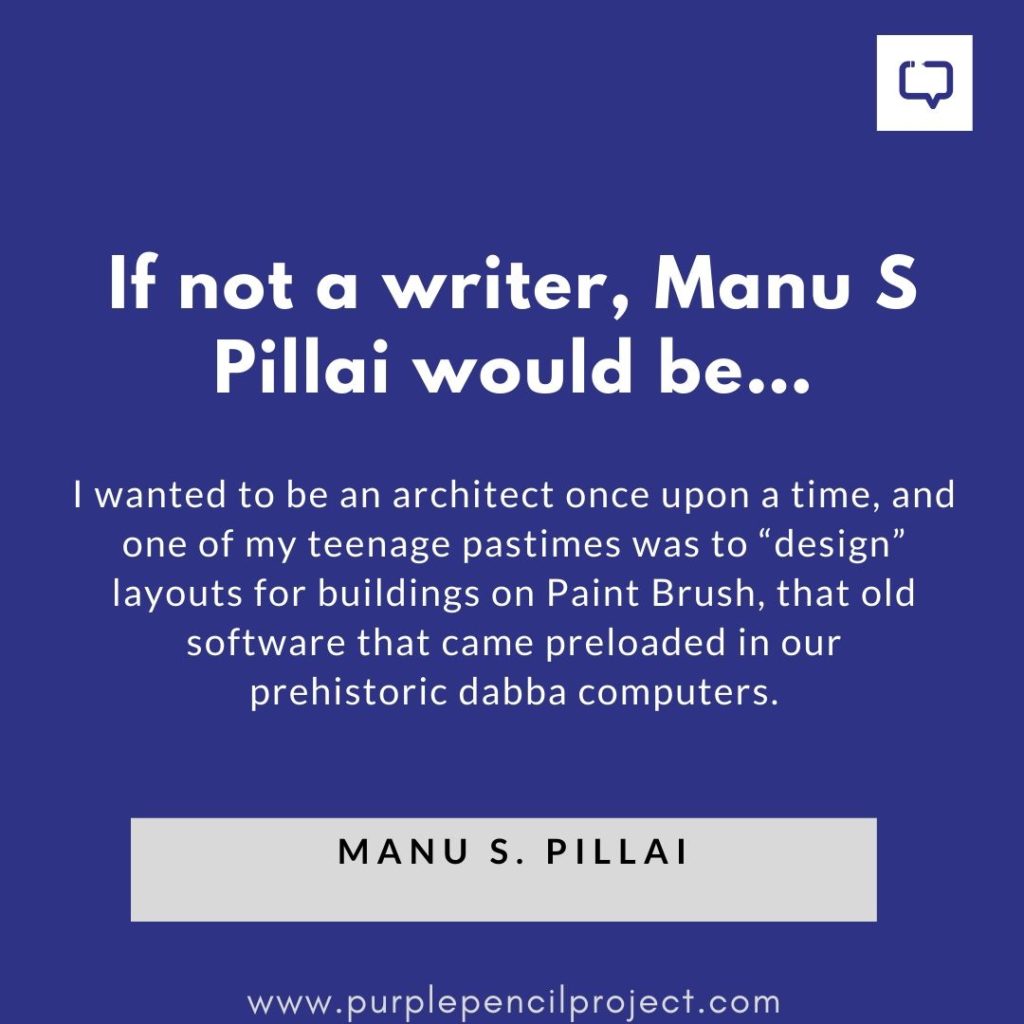
You are, I believe, the poster person of Indian history, especially on social media. How do you carry that image that has been built?
Manu S Pillai: I humbly deny this charge. There are others on Twitter, for instance, who are more active than I am. They engage in debates, both in terms of public questions linked to history as well as injustices and biases in the academic system. When I write something, I do put it up on Twitter, but don’t usually venture beyond that—my policy has usually been a “keep your head down and get on with your work” type.
That said, where I am active on social media, it is on Instagram, where one has that wonderful privilege of being able to speak through images. It keeps things more peaceful than Twitter as a platform, and I enjoy it a great deal more because history offers so much in terms of visual art that one can share.
I think my use of old images to communicate my moods, and my habit of deploying them with strange captions tends to entertain people who follow my account.
The fact, however, is that I am very serious about my work, but not very serious at all on social media. The latter I use primarily to distract myself between things, which in the process ends up amusing others also.
Speaking of social media, how have discussions on history evolved on the medium? What role do you see it playing going ahead? Has that contributed to the success of history books such as yours?
Manu S Pillai: Social media is here to stay, though with what ultimate consequences one cannot confidently say. At one level, because it allows everyone to air views, there is a lot of noise around history. People who have only a superficial understanding, no training in how to interrogate sources and historical material properly, put out strange ideas with immense self-confidence to “prove” one thing or the other, generally linked to some raging political debate of the week.
Equally, it has also allowed academics and those who do seriously study history to engage with audiences of all kinds (though such academics must necessarily also develop skills to beat off trolls).
Given that social media is used to disseminate a lot of politicised nonsense that masquerades as history, there is cause for worry, but it is not yet an entirely hopeless situation: in my own experience, the people who consume social media drivel are not the same as people who read books or have an intelligent interest in the subject.
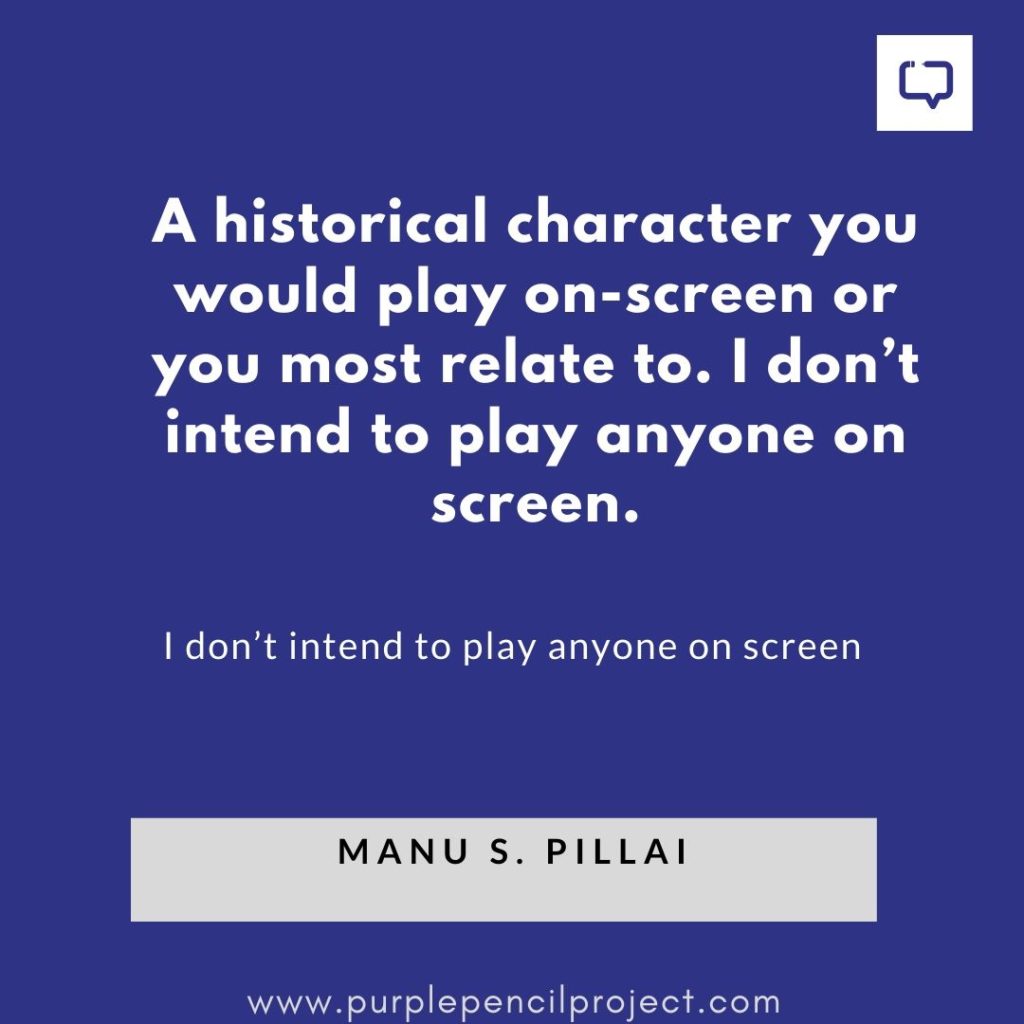
So on the same platforms there are two different audiences: one keen to engage in dialogue, and another with all the din that mobs make. I have certainly found new readers through social media—and for those who are not readers but merely mischief makers, there is always the “block” button.
A large part of your research is carried out in libraries and archives. I am curious about the state and accessibility of these archives. Do you think writers would find it easy to use them? At least to the few libraries I have been to in Mumbai, they are in a state of disarray – no digitization, no proper upkeep. Is that something you have seen during your research?
Manu S Pillai: This is, unfortunately, the truth of many institutions in India, partly due to official apathy and lack of resources, but partly also because culturally and politically we do not value historical material as we ought to.
Yes, we turn history into a political shuttlecock every new season, but outside such exploitation, there is little commitment to developing the discipline. Many archives and libraries in India tend to be bureaucratic and slow in how they function, and if one has worked in Western institutions, one is often frustrated by the amount of time that is lost simply waiting for things to be delivered up or located.
But with digitization, things are looking up. The Asiatic Society in Mumbai, for instance, has digitised much of its collection, which includes newspapers going back over a century.
While the pleasure of holding a file and touching old paper is not the same as viewing scanned material on a screen, I cannot complain during a lockdown. One does miss the atmosphere of a good, well-stocked, well-maintained library.
Till late in 2018, when I had my last big research cycle, I would spend some ten hours every working day at the British Library in London, and it was always a special delight. A few months ago, I was at the library of the Kerala High Court trying to locate some papers, which too was lovely because the team in charge was extremely helpful.
Let’s talk a little bit about Manu S Pillai the reader: what are the kinds of books did you grow up reading? What genres do you read? What languages? What are you currently reading?
Manu S Pillai: I began with fiction passed down by my sister. There was the usual stock of Enid Blyton books, but also Jane Austen, Charles Dickens, and classics like that.
We used to get old movies and TV adaptations of these classics, which helped with the reading and vice versa—one certain occasions, a film would drive us to the book, while sometimes it was the book that got us to find its movie adaptation.
There were also giant translations of the Indian epics at home, of course, but also, alongside English comic books, Malayalam ones like Balarama, which mother would read out. Besides, I read some Marathi and Hindi, but this was linked to school work—some fine essays by Pu La Deshpande, for example.
As I grew older, I began to engage more and more with non-fiction: history, biography, politics, and so on. As for what I am now reading: I just finished Gyan Prakash’s book on the Emergency, am reading Vaasanthi’s biography of Jayalalithaa, and have Dinesh Narayanan’s book on the RSS next on my list. In terms of fiction, the last novel I read was Gitanjali Kolanad’s beautifully crafted Girl Made of Gold.
You spent time as the chief of staff with MP Shashi Tharoor – have you considered joining politics? Did you learn from him as a writer through this stint?
Manu S Pillai: I learnt the practical elements that define the life of a writer from Dr Tharoor. My direct work and engagement with him was linked to his life as a politician, but I did see him work very hard in order to sustain his writing alongside a very busy public existence.
Since 2009 he has won three elections, been a minister twice, served as chairperson of parliamentary committees, and much else. And yet, in that time, he has published three books, with a fourth on the way. This kind of output is possible because he manages his time very well, and that was a lesson I picked up and applied to myself fairly early.
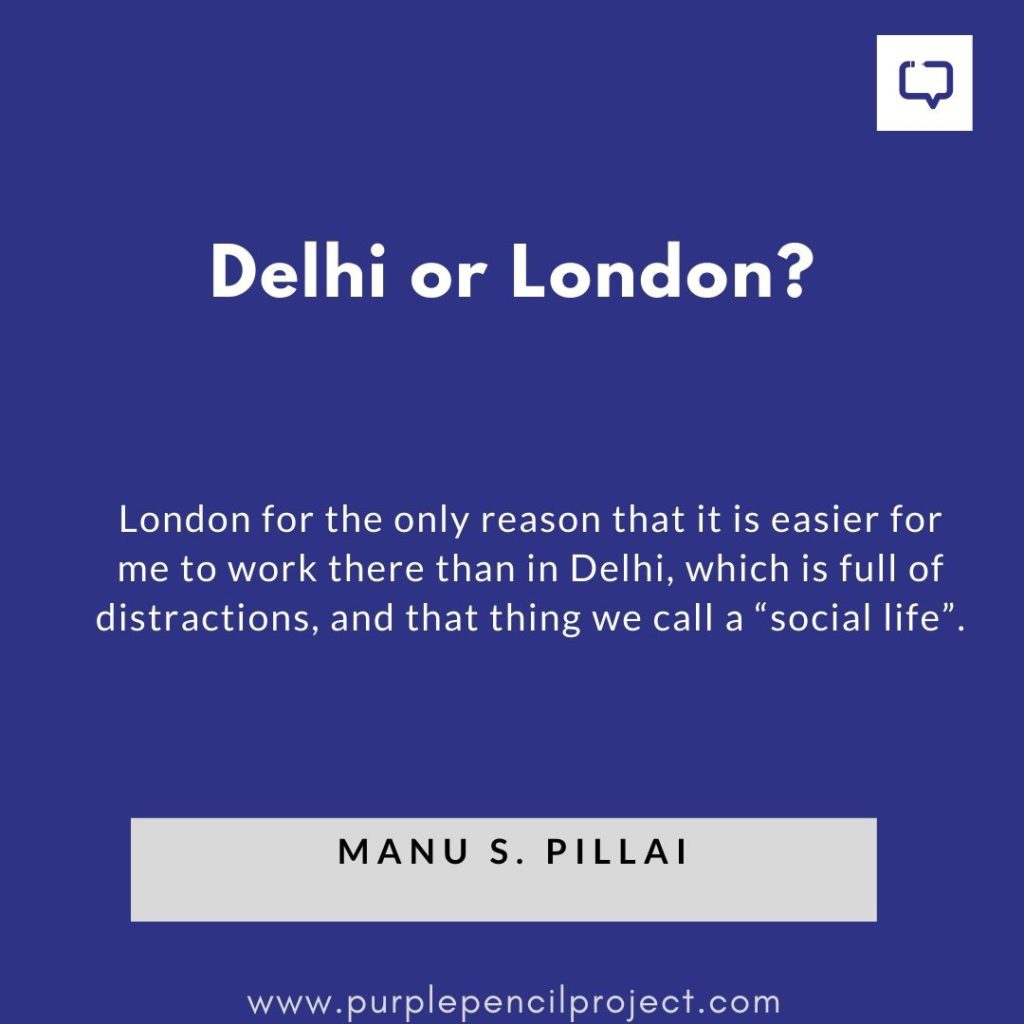
In the end, talent of any kind alone does not take one far in life. It must be married to discipline in order for it to achieve anything. And that is where the challenge lies. Of talent alone there is no dearth in the world: one needs commitment, as well as luck and all kinds of privilege to be able to make it stand out.
Since one cannot control luck, the least we can do is work hard, especially if in possession of any degree of privilege.
I do have an interest in politics, but I have not made plans around it. I see my future more as defined by books.
Though as around the world we find the intellectual heirs of book-burners rise to power, how far writing can stay divorced from politics is open to question.
The Ivory Throne was picked up last year to be adapted on screen – will you be playing any role in it?
Manu S Pillai: Assuming you mean in terms of writing, the script etc., no I will not be involved. This is for a simple reason: I have a skill set which is connected to writing and history and this, along with the capacity to do research, is what I must stay focussed on.
One is always tempted to take up other things, but I have no experience in the world of film, scripts, and screenplay. I know what I can pull off, which is writing, so I would rather spend my energy and attention on doing one thing well.
These are strange times we live in- as I once read – ‘tomorrow’s history’. As a historian, how do you view the chaos that the world is in? Is there a sense of ‘this has happened before, and this will happen again’, or are there lessons from the past we can use to cope with our reality of 2020?
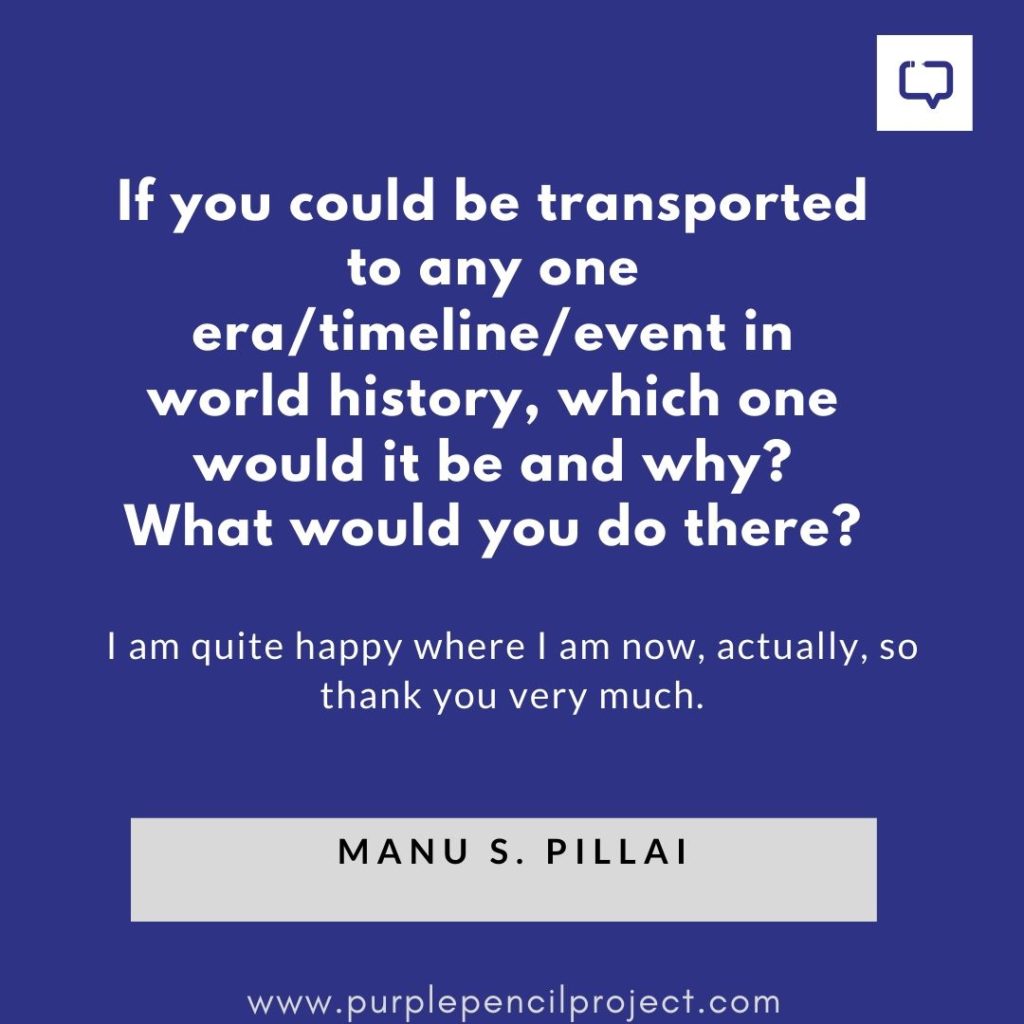
Manu S Pillai: I recently read about the historian Srinath Raghavan saying that history does not teach lessons, it is historians who do. These are wise words, because it is always our interpretation of the past that we think possesses relevance to challenges today; the past by itself exists on its own terms and in its context, just as ours is defined by our own peculiar conditions.
Yet, there is always that human impulse to try and make sense of today with the aid of history—this is why history (or imitations of it) play a role in politics. They offer to some a means to legitimacy, to others a source of material to fight ideologies, and to yet another group a sense of identity, and so on. In that sense, we locate patterns which we find repeating through the ages.
This is not surprising: societies are made by human beings, and some human impulses and habits don’t seem to change with time.
Context changes, but human beings remain in more ways than one quite predictable. Viewed that way, the past can warn us about human foolishness—whether we use that to guide our own choices is entirely on us.
You have consistently come out with books every couple of years since your first release. Is that a goal, to keep publishing at regular intervals? Is there some new book you are working on?
Manu S Pillai: The quick sequence of publishing was mainly because the projects were shorter. For instance, The Ivory Throne took six years because I was obtaining material strewn across three continents, and there was a great deal to learn because it was my first book.
By the time of Rebel Sultans two years later, I had greater confidence and speed in terms of writing, being able to structure the narrative, and in technical aspects.
Besides, the research material was less voluminous than with my previous book, which also made the process shorter. My third book is a collection of essays I wrote in recent years, and did not demand too much extra work for it to be compiled into a single volume. So although some have made a fuss about “three books before thirty”, it is not like all three are similar in terms of length, subject, and the degree of immersion they required during my research.
Each book tries to achieve very different things. The number of publications, by itself, does not mean something great.
For instance, my next project is a much longer affair—I first covered some ground and initial research for it eight years ago. And by the time it will be published, a full decade would have passed.















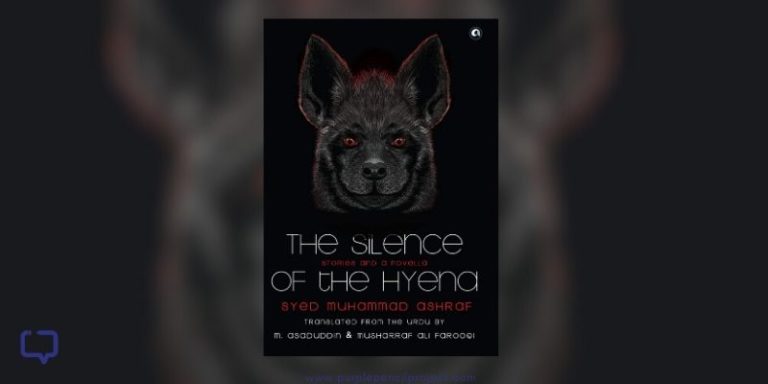
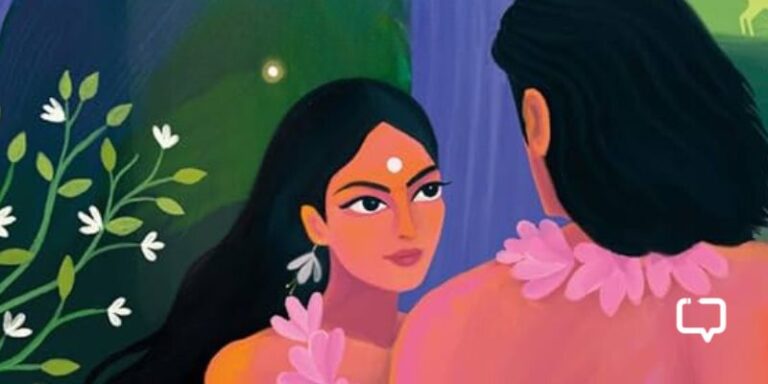
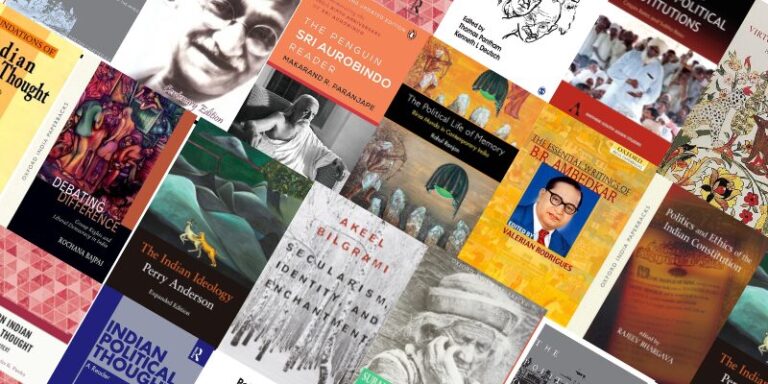
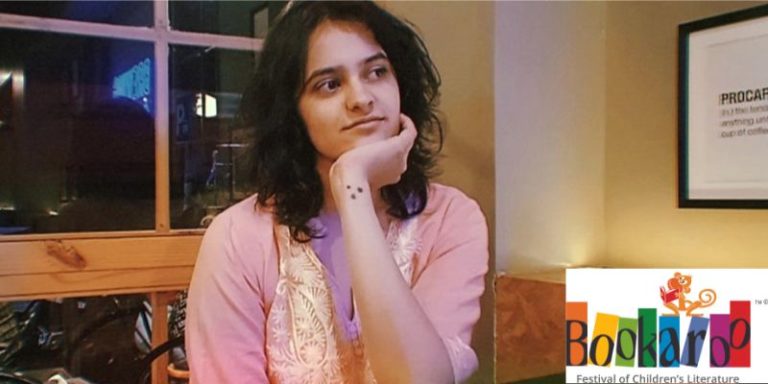
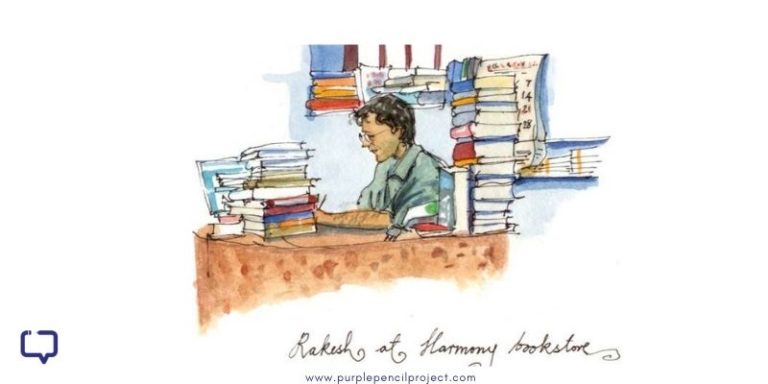


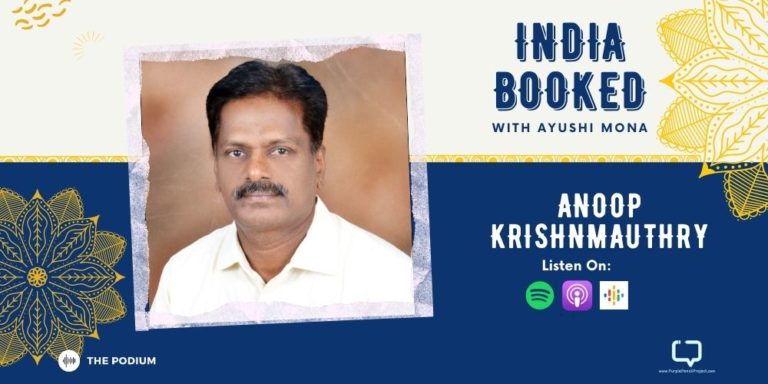



One Response
An absolutely WOW interview. Wonderful opportunity for us readers to know more about the author, his take on social media and what shaped/shapes his reading and writing. Thanks so much for this very informative post/interview.